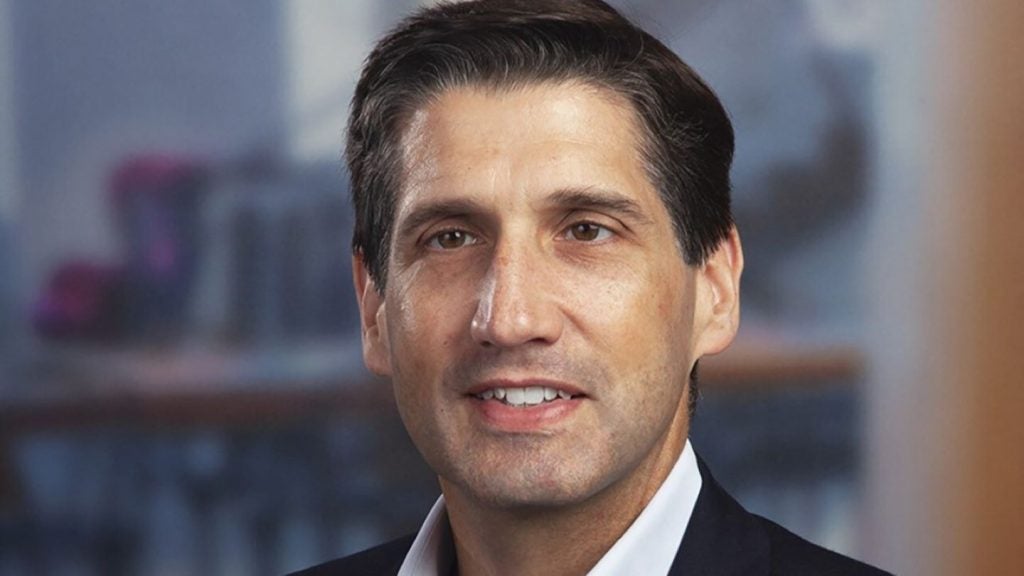
Sparta Global – a hire-train-deploy company specialising in the provision of emerging business and technology talent – has released a report highlighting how neurodiverse people bring in-demand perspectives to technology, but are not being supported and empowered across employment. Sparta Global’s 2023 EqualTech report has been curated from a survey of 500 senior and C-suite individuals working in organisations across almost every industry sector.
The digital skills gap in the UK continues to present significant challenges for UK employers and the wider economy. Sparta Global’s research indicates that when companies attract and retain neuro-inclusive digital teams, they are more likely to gain and sustain a competitive advantage across areas such as; computational thinking, observation, adaptability and intuition. Positively, 87% of digital leaders surveyed in our research believe that neurodiversity will be a top priority for their companies in 2023 and 54% stated that Covid-19 accelerated conversations around commitment to neurodiversity.
In contradiction, Sparta Global’s research also shows awareness has not equalled change. The report notes that just 21% of respondents work for businesses that tailor their recruitment practices to neurodivergent candidates. In turn, this means 79% of organisations have taken no steps to accommodate those with neurodiverse characteristics.
Sparta Global CEO, David Rai, said: “I had no idea that we would receive such overwhelming and honest feedback. With the UK government reporting that we could face a shortage of 900,000 skilled IT workers by next year, an empowered neurodiverse community presents perspectives and skills that could be transformative. Despite this, I was shocked to see how few businesses have practically adapted their hiring strategies to support neurodiverse applicants.”
83% of neurodivergent workers surveyed reported feeling worried, nervous, and fearful about having conversations with their employer regarding their neurodiversity. Crucially, 59% of respondents feel that there isn’t enough support available in their organisations, and fear that disclosing their neurodiversity may have negative repercussions on their future within their companies.
Neurodivergent employees are a demographic in evolution. Of those surveyed who identified as neurodivergent, only 26% were diagnosed during childhood, while 31% were diagnosed as adults. A further 15% told us that they are currently undergoing a diagnosis, while 28% are planning to seek an assessment in the future.

US Tariffs are shifting - will you react or anticipate?
Don’t let policy changes catch you off guard. Stay proactive with real-time data and expert analysis.
By GlobalDataRai added: “I hope employers, educators, and those outside of our established network, can glean as much insight, knowledge, and practical advice from this report as I have”.
In addition to delivering key insights across neurodiversity and technology, the Equal Tech Report also features contributions from Admiral, Schroders, Gallagher, ADHD Girls and more. The full report by EqualTech can be found here.






